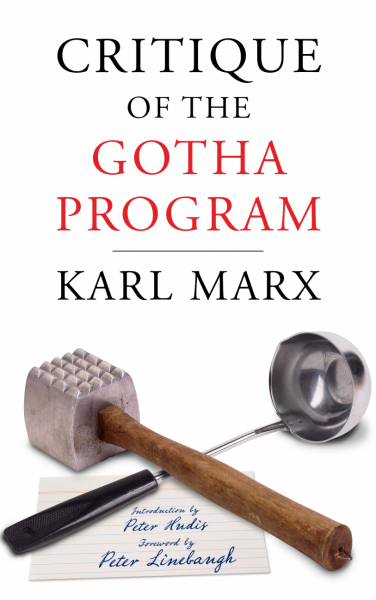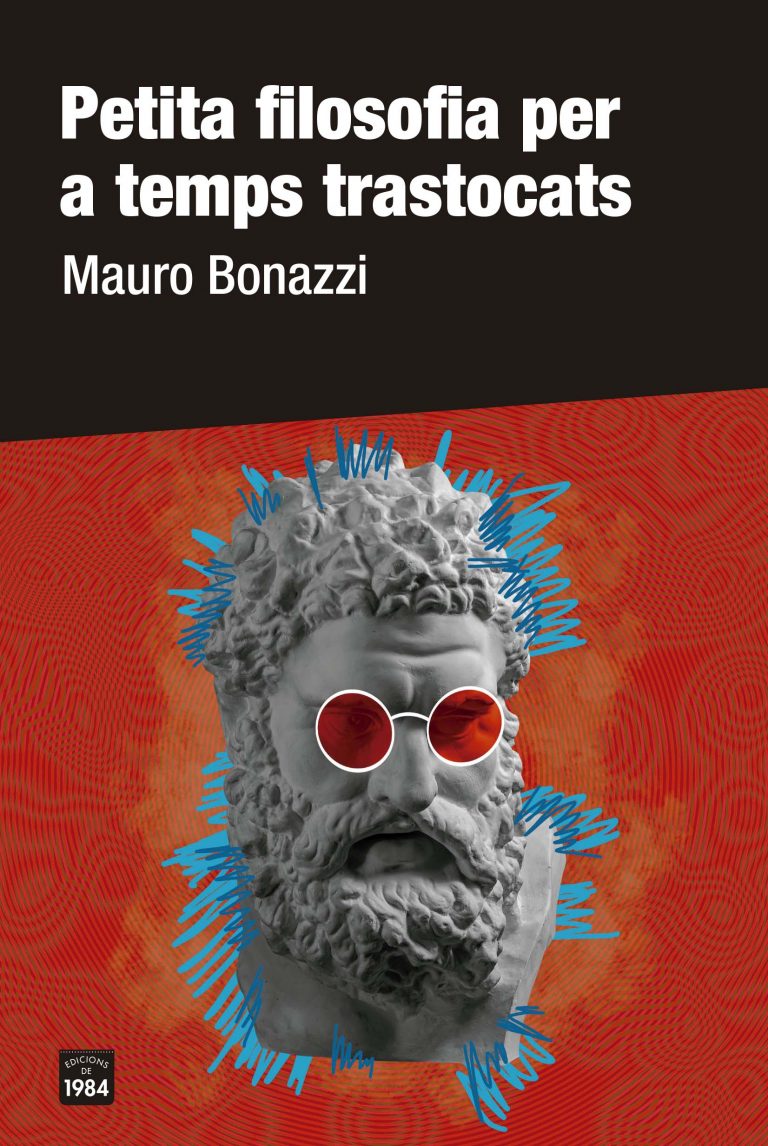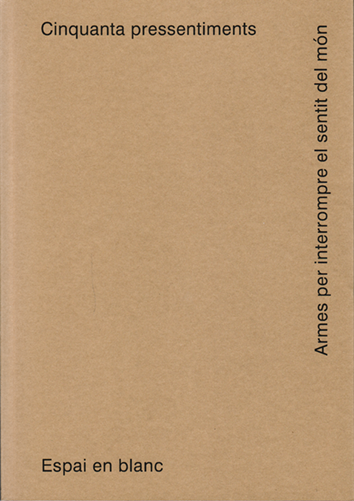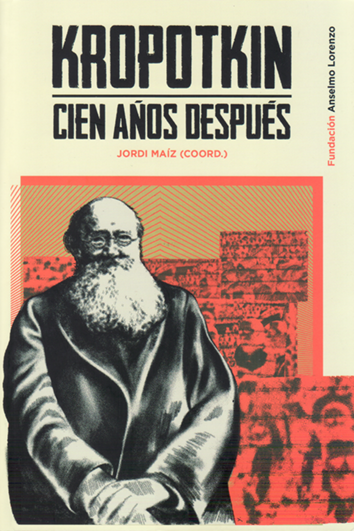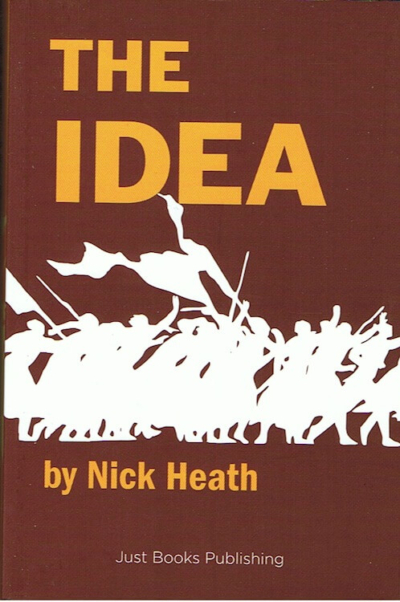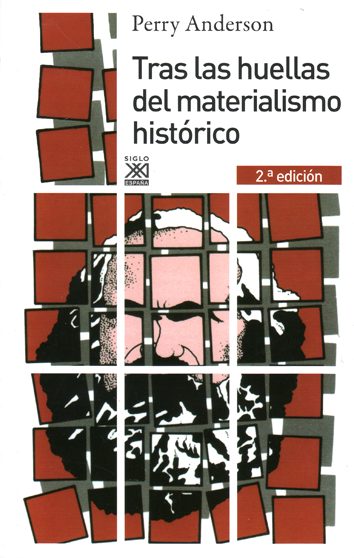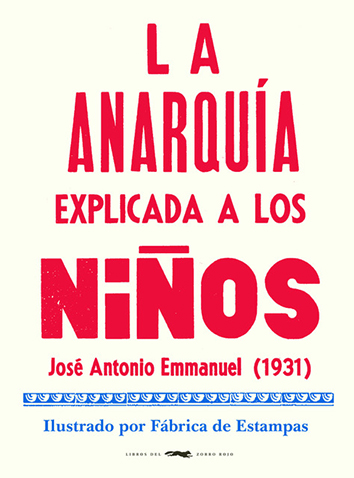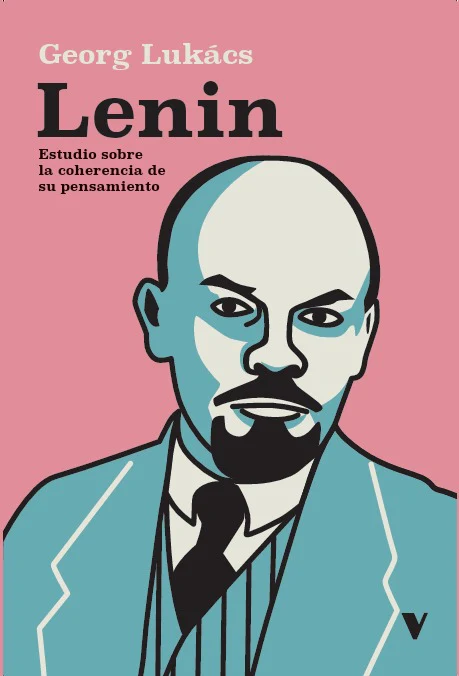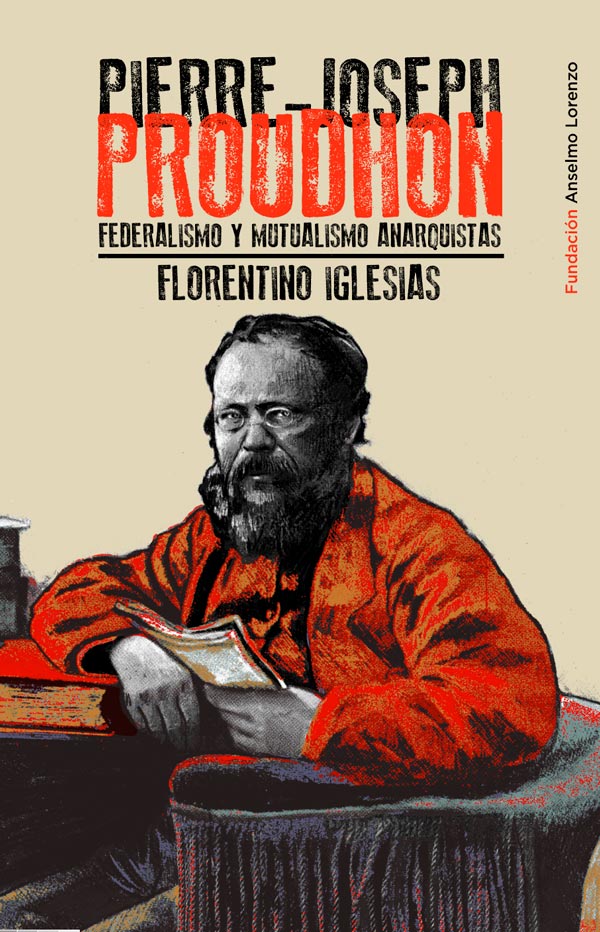Critique of the Gotha Program
Marx’s Critique of the Gotha Program is a revelation. It offers the fullest elaboration of his vision for a communist future, free from the shackles of capital but also the state. Neglected by the statist versions of socialism, whether social democratic or Stalinist that left a wreckage of coercion and disillusionment in their wake, this new annotated translation of Marx’s Critique makes clear for the first time the full emancipatory scope of his notion of life after capitalism. An erudite new introduction by Peter Hudis plumbs the depth of Marx’s argument, elucidating how his vision of communism, and the transition to it, was thoroughly democratic.
This definitive edition also includes an afterword by Peter Linebaugh and other supplementary materials. At a time when the rule of capital is being questioned and challenged, this volume presents Marx at his most liberatory, offering an essential contribution to a philosophically grounded alternative to capitalism, rather than piecemeal reforms.
15,95€
En estoc
Categories: Anarquisme i pensament antiautoritari, Filosofia, Marxisme
Translated by Kevin B. Anderson
Translated by Karel Ludenhoff
Introduction by Peter Hudis
Foreword by Peter Linebaugh
Critique of the Gotha Program
Marx’s Critique of the Gotha Program is a revelation. It offers the fullest elaboration of his vision for a communist future, free from the shackles of capital but also the state. Neglected by the statist versions of socialism, whether social democratic or Stalinist that left a wreckage of coercion and disillusionment in their wake, this new annotated translation of Marx’s Critique makes clear for the first time the full emancipatory scope of his notion of life after capitalism. An erudite new introduction by Peter Hudis plumbs the depth of Marx’s argument, elucidating how his vision of communism, and the transition to it, was thoroughly democratic.
This definitive edition also includes an afterword by Peter Linebaugh and other supplementary materials. At a time when the rule of capital is being questioned and challenged, this volume presents Marx at his most liberatory, offering an essential contribution to a philosophically grounded alternative to capitalism, rather than piecemeal reforms.
Categories: Anarquisme i pensament antiautoritari, Filosofia, Marxisme
Editorial: PM Press
ISBN: 9781629639161
128 págs.
Translated by Kevin B. Anderson
Translated by Karel Ludenhoff
Introduction by Peter Hudis
Foreword by Peter Linebaugh


